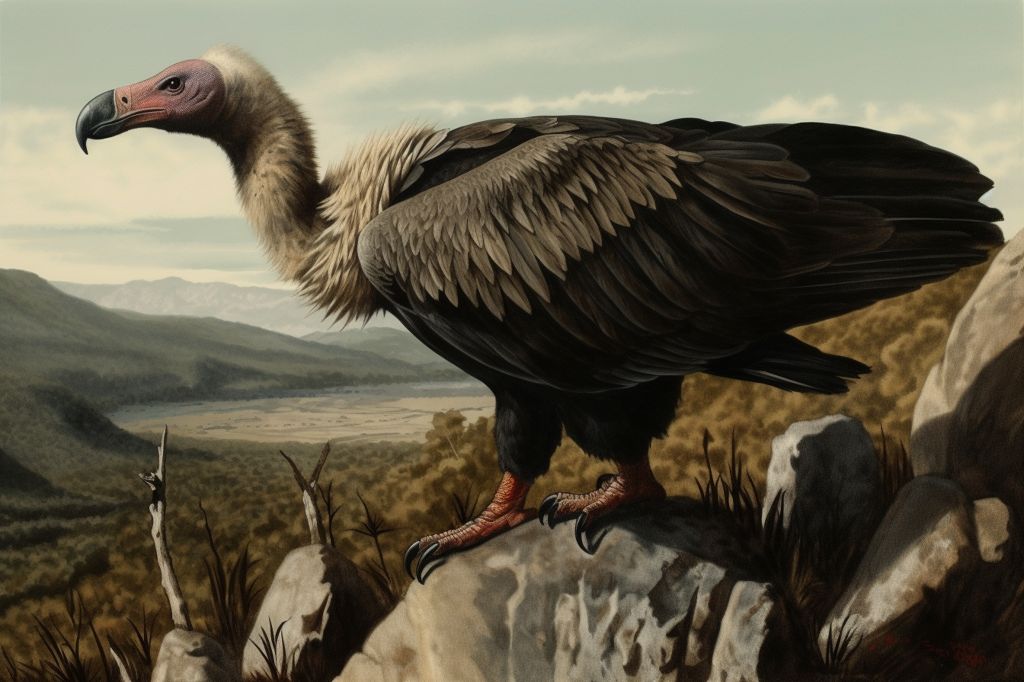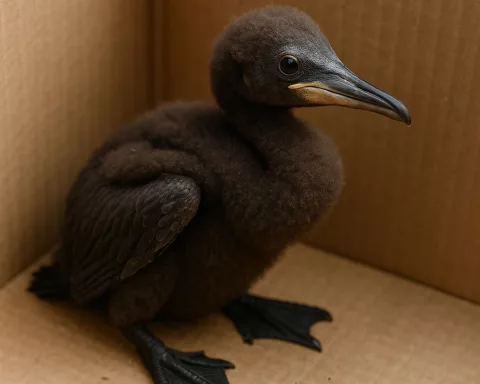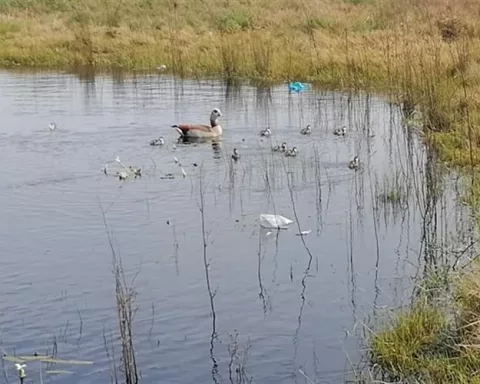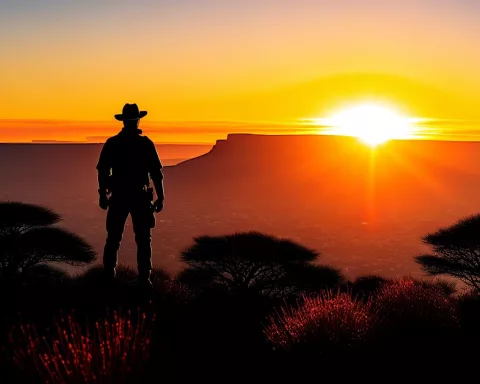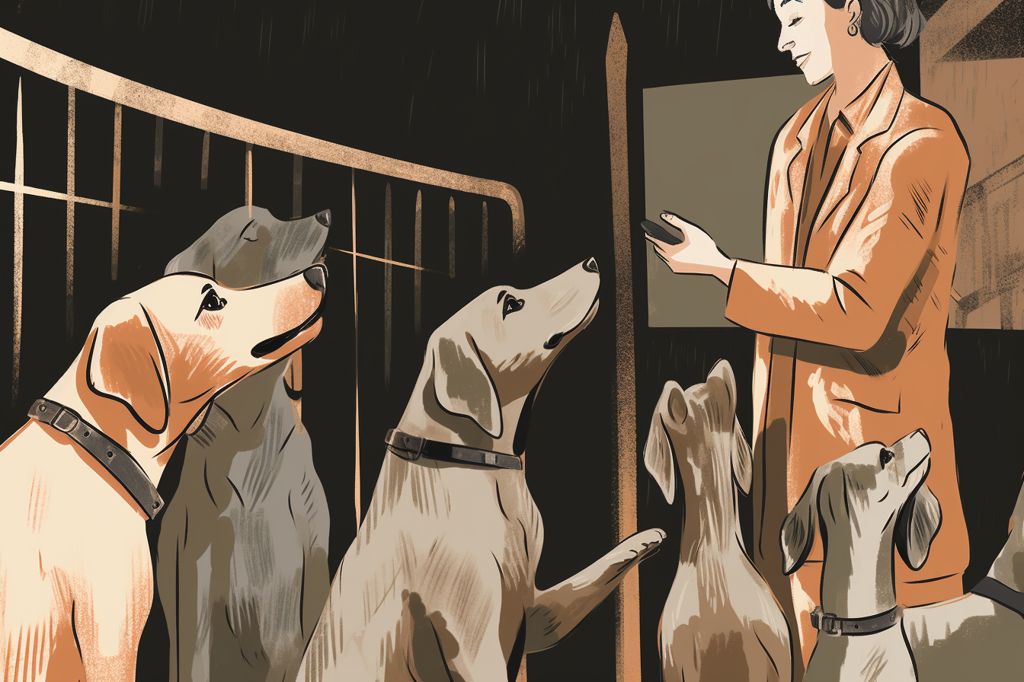In a groundbreaking operation, a starving vulture received the world’s first-ever beak transplant on a bird of prey, allowing it to feed once more.
The Procedure
The pioneering surgery was performed by top wildlife veterinarian Professor Katja Koeppel after the vulture suffered severe injuries in a car accident in South Africa. The damaged beak of the White-backed Vulture was replaced with the beak of a deceased vulture, giving the bird a second chance at life.
The Challenge
This extraordinary procedure had only been attempted once before, on a duck in New Zealand. However, the vulture’s beak transplant presented a more significant challenge, as its new “bionic beak” had to be strong enough to tear strips of flesh from carcasses while competing with other birds. Previous attempts to create a prosthetic beak for the vulture using titanium and acrylic materials were unsuccessful.
Unique Technique
Thus, Dr. Koeppel, an Associate Professor with the University of Pretoria’s Faculty of Veterinary Science, had to devise a unique transplant technique that would prove more durable. The team used a beak from a deceased vulture in the laboratory freezer, sawing off a piece of it that matched the missing section of the injured bird’s beak. With six orthopedic screws, they secured the dead bird’s beak to the damaged one beneath, creating a functional beak that has lasted a month so far.
Recovery and Future Plans
Bird beaks are made of keratin, the same protein found in rhinoceros horns and human fingernails, which grows back. Therefore, the transplanted beak acts as a protective shield, allowing the original beak to grow back underneath while the bird can still feed and live normally. The injured vulture’s original beak might take up to a year to grow back fully beneath the transplanted beak, which will then be removed.
Due to the bird’s injuries, including blindness in one eye, it cannot be released back into the wild. However, the conservation center hopes the vulture will find a mate and produce chicks that can be released to help preserve the highly endangered species.
Decline in Population and Conservation Efforts
White-backed Vultures have experienced a severe decline in population in Southern Africa, dropping from 270,000 in 1992 to just 40,000 today. These majestic birds are now classified as highly endangered.
Kerri Wolter, Chief Executive Officer of VulPro, founded the charity in 2007. It currently has nine staff members and treats around 100 injured vultures each year, successfully releasing 60% back into the wild. Most of the birds they receive have severely broken wings, typically caused by power lines or wind turbines, and all nine species of vulture in South Africa are now in decline.
Vultures play a crucial role in the ecosystem, using their large hooked beaks to clean carcasses and prevent the spread of deadly diseases. They have an undeserved bad reputation, but organizations like VulPro are working tirelessly to protect these fascinating creatures and help them thrive once more. If you would like to support VulPro’s efforts in rescuing and rehabilitating vultures, please visit their website at www.vulpro.com and click “DONATE.”

